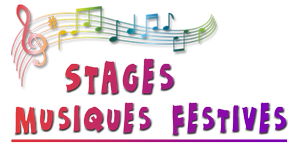Program for singers
Morning instrumental practice:
The day will begin with a physical awakening, focusing on breathing, placement and anchoring. Then, by integrating the technical specificities of singing (scenic posture, voice placement, Stress management, ease to the microphone ...), we will traverse the songs repeated in sets in the afternoons. Finally, rehearsal of Polyphonies, Circle Songs, Vocal Impros, Interpretation will reinforce the Vocal Package of the morning.
Rehearsals in the afternoon:
This moment will be the occasion to sing with musicians. You will experience the practice of singing in scene situations (sonorisation, scenic attitude, implication ...) You can also reinforce your rhythmic knowledge, located in a grid. Finally, you will perform interventions in backgrounds or soloists.
Implementation of the project and stage performance:
The singer, exposed by the fact of his instrument lead, occupies the front stage. For the management of this delicate and inherent moment of the vocal instrument (anchoring, confidence, stress management, technical tools) you will benefit from the concrete and professional advice of the intervening artist throughout the session.
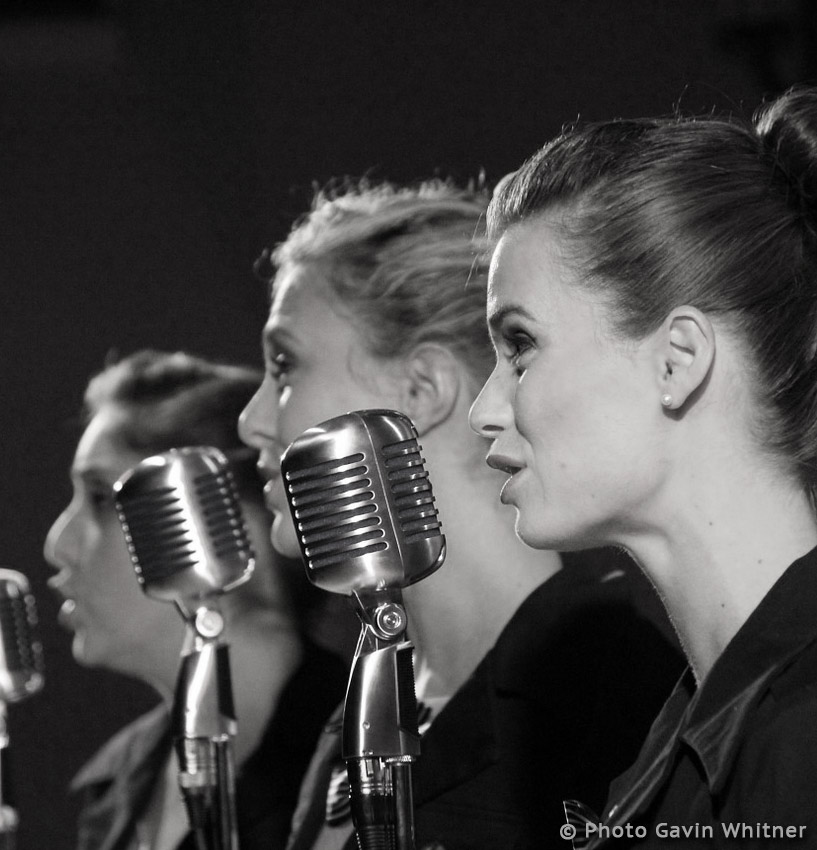
Program for guitarists
Morning instrumental practice:
- Study of scales, chords, rhythm and harmony.
- Technique: right hand work (fingers, pick), left hand (ranges, chords, arpeggios, chord melodies ...), study of styles.
- Work of the ear, development of a musical idea, improvisation.
Rehearsals in the afternoon:
- Listening and setting rhythmics.
- Rock, blues: work on the sound, setting up solos and rhythmic.
- Jazz, Latin: work of themes, improvisation, locating in the grids.
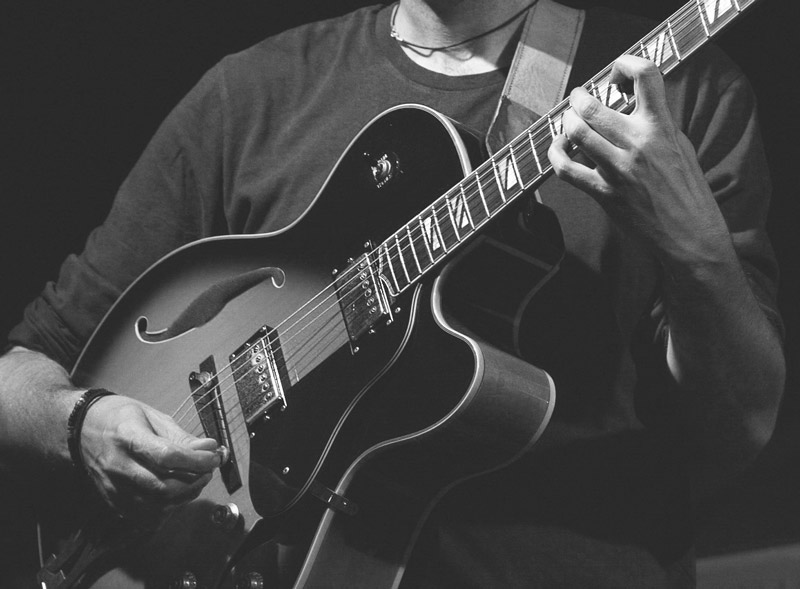
Program for bassists and double bass players
Morning instrumental practice:
- Study of styles and creation of bass lines.
- Study of the rhythm, the different types of pulsations.
- Placing with drums and other instruments, tempo, variations around a groove.
- Study of harmony: analysis of grids, scales, arpeggios, chords, accuracy (for double bass players), tablatures or solfeggio.
- Work of the different play techniques: stop, slap, muffled note, bow, position of body and hands, fingering.
Rehearsals in the afternoon:
- Learning pieces and standards.
- Rock, Blues, etc ...: tempo work, setting up.
- Jazz, Latin, etc ...: solos and improvisation.
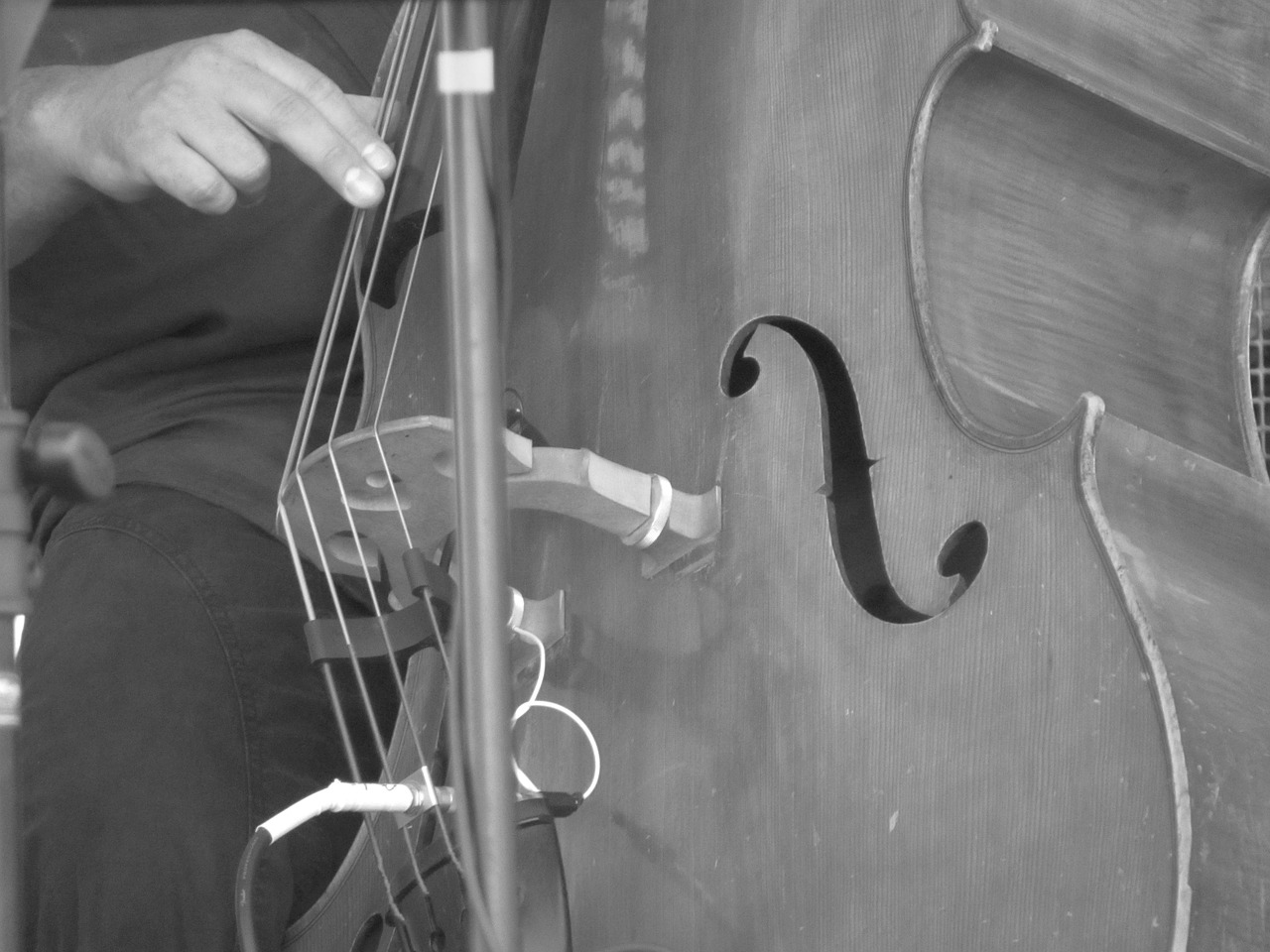
Program for drummers and percussionists
Main themes: body systems and interpretation, imagination and creativity, self-expression.
Morning instrumental practice:
1/ Discussion / Return on previous day
2/ Preparation for afternoon workshops / classes
3/ Main topics covered during the Master-classes:
- The instrument: history, relationship, disposition, body positions, study of movements
- Stakes of the instrument: location, chopsticks, tempo, musical structures, nuances, propulsion / groove
- Rhythm: pulsation, binary / ternary flow, patterns, feel training and musical approach of notation, placement, micro-timing, interior / exterior listening, tempo
- Learning and integration: coordination, slow motion, pleasure and groove
- The rudiments and their applications: orchestration, accents, permutations
- Consciousness and use of body systems: relaxation, performance and creativity
- Group play: knowing where to stand, relationships, music according to cultures
Rehearsals in the afternoon
- Body-Mind
- Vocal Harmony and History of Music
- Composition / Inspiration / Structure
- Arrangements
- Body Rhythm
- Rythm permutations
- Sound: Theory and Practice
- Computer music
- Listening / analysis / transcription
- Questions answers
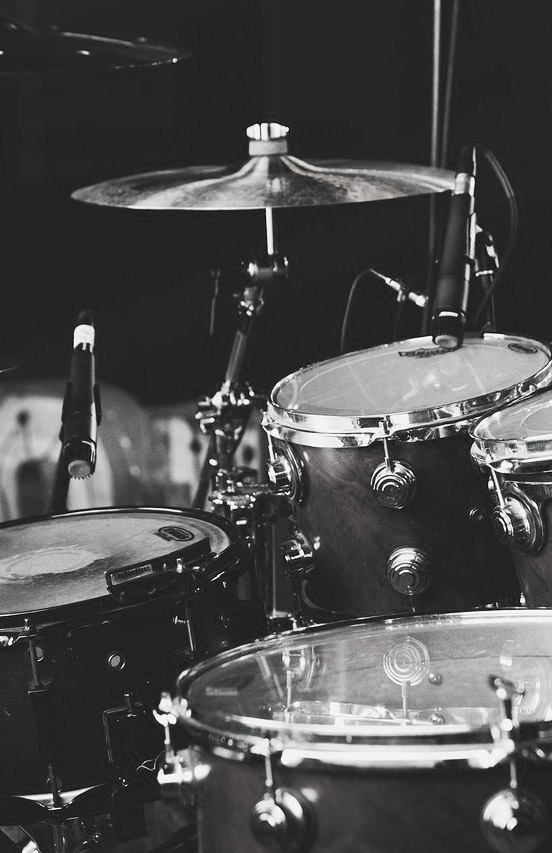
Program for pianists and accordionists
Morning instrumental practice:
- Warm-up and technical exercises: work of dexterity and sound.
- Study of posture, relaxation and breathing at the piano.
- Study of harmony: work on cadences (type II-V-I), chord grids, standards.
- Accompaniment: study of the different types of agreement according to styles, riffs, rhythmic sequences.
Rehearsals in the afternoon:
- Setting standards of jazz and various pieces.
- Learning to listen to the rhythm section and soloists to give rhythmic placement and harmonic choices.
- Locating in the grid.
- Work on sound architecture.
- Practice of improvisation.
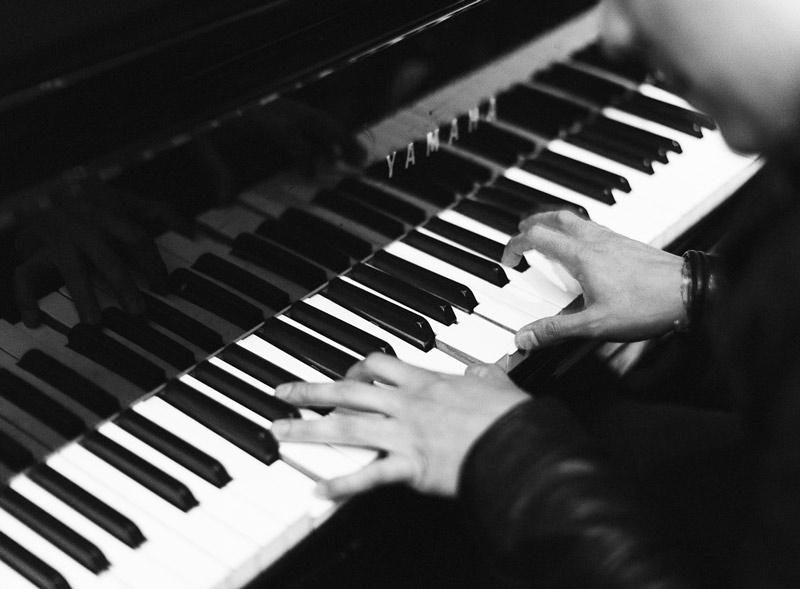
Program for saxophonists, trumpetists, clarinetists and flutists
Morning instrumental practice:
- Technique: the right movement (action / relaxation) and its relation with the fluidity in the game.
- Sound: Reflection on the mouth and breathing. Relationship between the different movements of the tongue, the palate, the lips, the jaw and their relationship to timbre and accuracy.
- Rhythms: different phrasing and their contributions to expression.
- Harmony: ranges and modes. Tools to use to improvise depending on the directory you choose.
- Organization of a personal work session (how and what to work).
- Work in section.
Rehearsals in the afternoon:
- Learn to listen to each other while playing.
- Setting themes.
- Improvisation.
- Harmonic rhythm (find a grid)
- Creation and rehearsal of a complete repertory for the final concert.
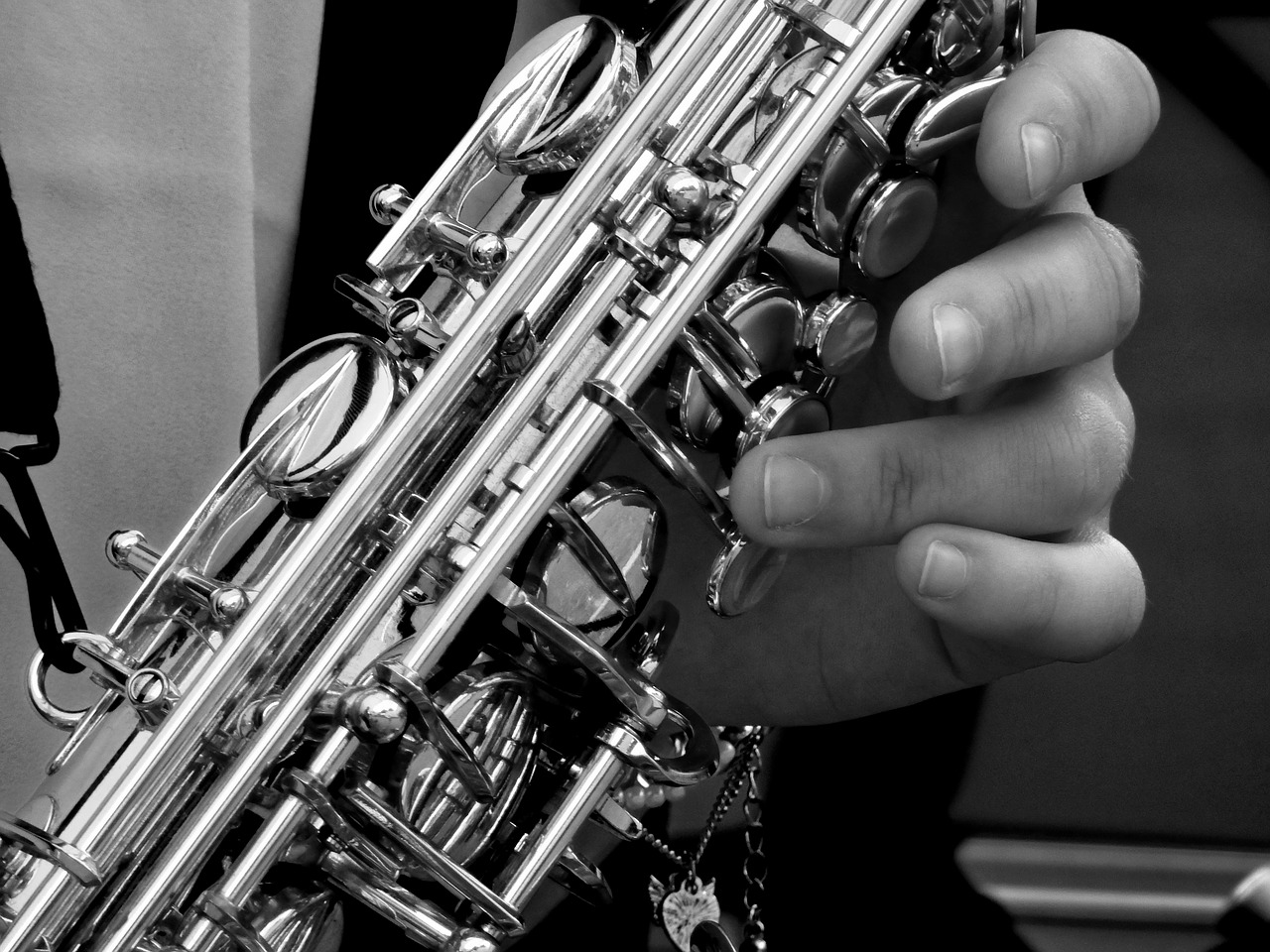
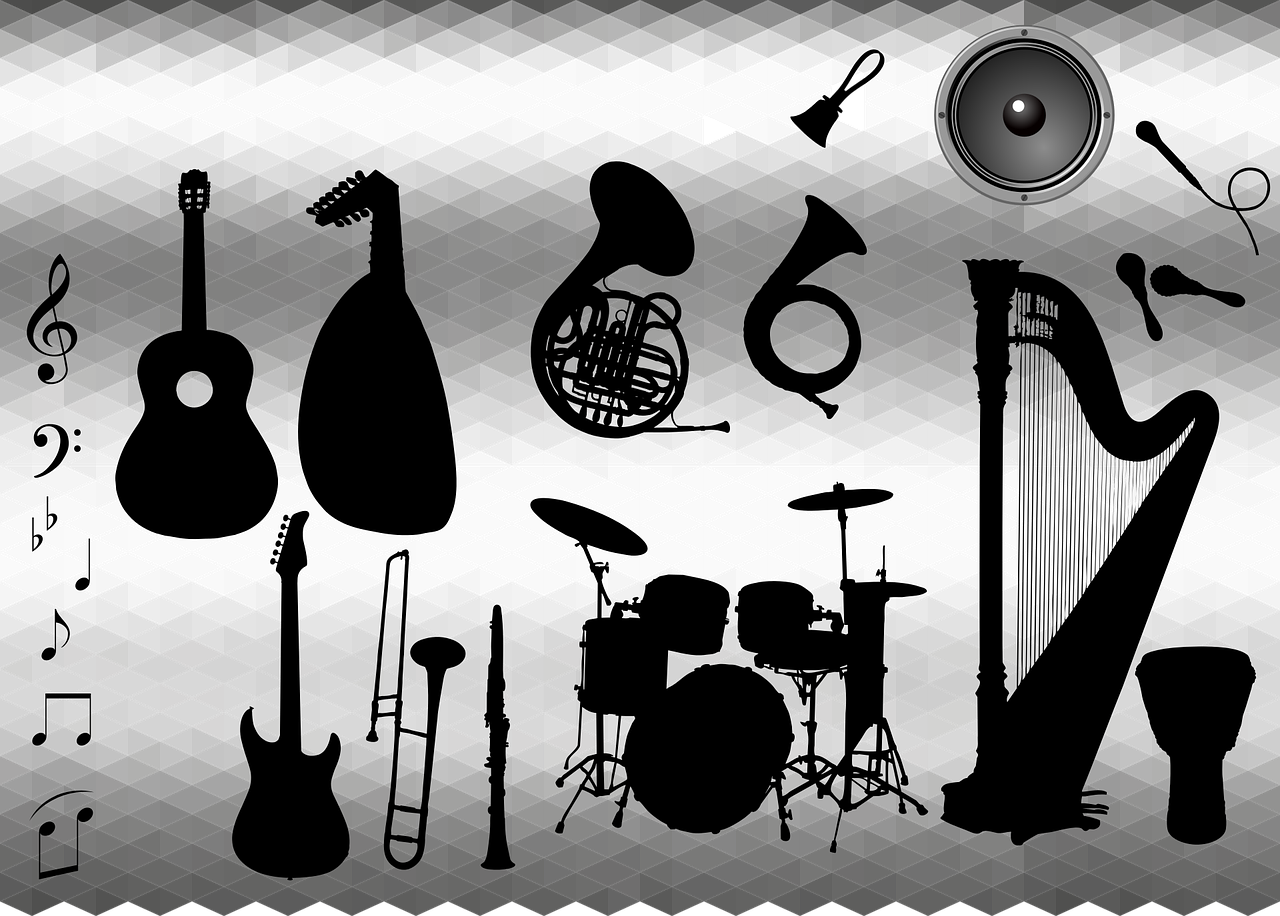
Other instruments are welcome!
Percussions, Trumpet / Trombone or other wind instrument, Violin / Cello or other string instrument, Accordion, Harmonica, Laptoper (computer music, dj), special or rare instruments, etc...
Whatever the instrument you play, you are very welcome to participate: don't hesitate to get in touch with us.
